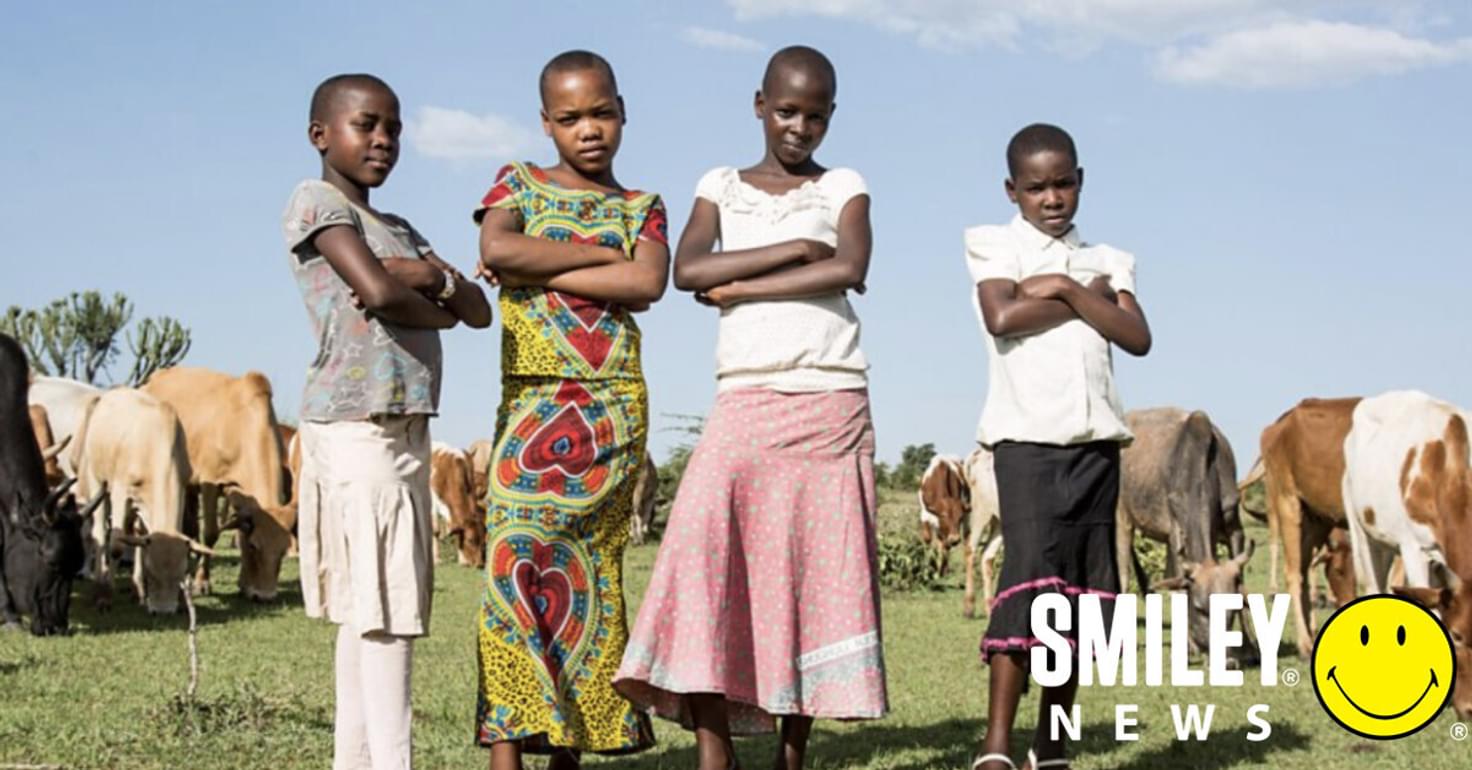
Words by Smiley Team
An activist who joined forces with a volunteer satellite mapping project has saved thousands of girls from female genital mutilation (FGM) in Tanzania.
Rhobi Samwelly, who was subjected to FGM as a child, founded Hope for Girls and Women with the goal of ending FGM in Tanzania through rescues, safe houses and community education.
A third of girls and women in the Mara region of northern Tanzania have undergone female genital mutilation (FGM) according to data from the United Nations - meaning thousands of girls in the area are still at risk.
Internationally recognised as a violation of human rights, FGM is illegal in Tanzania but arrests and successful prosecutions are rare.
Rhobi regularly receives calls and reports of cutting ceremonies which are about to take place in rural villages, often with less than 24 hours notice. Girls are desperate to escape, but police, officials and volunteers are often unable to find them, especially at night, as maps do not exist for many of the remote parts of the country.
So Rhobi teamed up with Crowd2Map, and for the last five years a global team of around 14,000 Crowd2Map volunteers have been mapping roads and buildings in Tanzania using satellite images.
Hope for Girls and Women representatives on the ground provide local knowledge, adding the location of churches, schools and shops and also reporting cases through free smartphone apps.
The organisation then trains police, activists and government officials to use these maps on their phones to quickly find girls at risk. They have also printed village and district maps to be displayed in government offices for the first time.
Rhobi said: "Mapping is very important to help us find girls at risk quickly, especially at night.
“Before Crowd2Map started we had no maps of the villages, but now we can access them on our phones using Maps.Me and it is very useful."
With improved navigation, officials can find the most effective routes for rescuing girls and bringing them to Hope's safe houses. During the past five years, around 3,000 girls have been saved with the help of this program.
Grace is one of the girls the project has saved. She said: "My father wanted to cut me and marry me to a much older man so my family could get cows. That would have been the end of my education, and my dream to be a nurse.
“I will always be grateful to Rhobi for protecting me and allowing me to continue my schooling."
The project needs more volunteer mappers, as well as donations to carry on their work. Find out more information on their website.